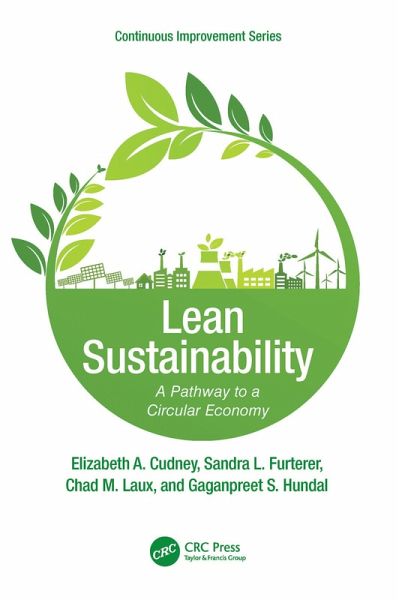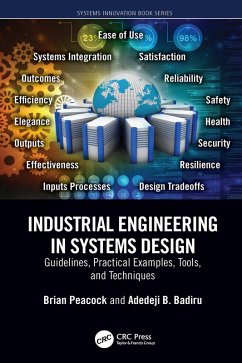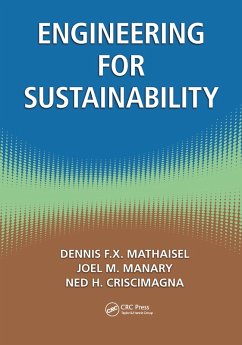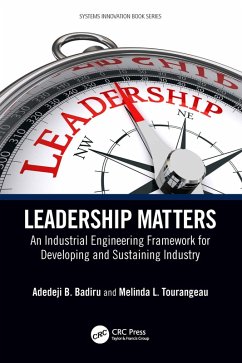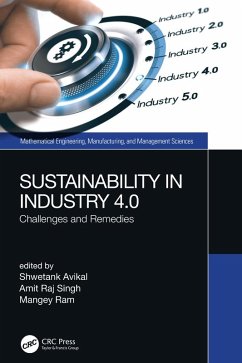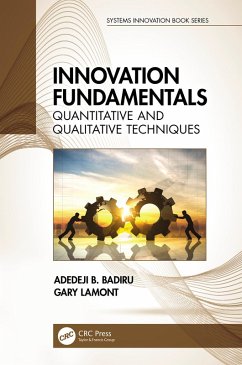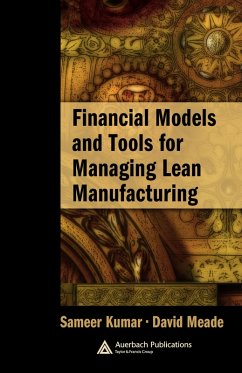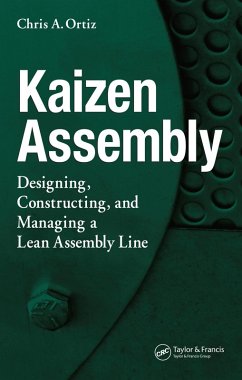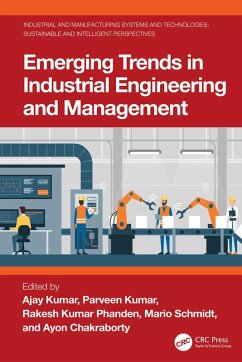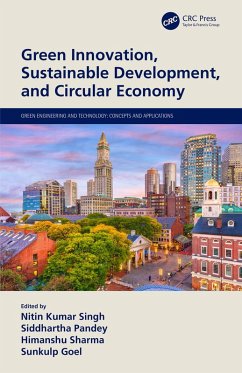Elizabeth A. Cudney, PhD, is President of Cudney Consulting Group, LLC. She is a Professor of Data Analytics in the John E. Simon School of Business at Maryville University. She received her B.S. in Industrial Engineering from North Carolina State University, Master of Engineering in Mechanical Engineering and MBA from the University of Hartford, and doctorate in Engineering Management from the University of Missouri - Rolla. Dr. Cudney received the 2022 Crosby Medal from ASQ for her book on Lean Six Sigma. She also received the 2021 Bernard R. Sarchet Award from ASEE EMD for "lifetime achievement in engineering management education. She received the 2021 Walter E. Masing Book Prize from the International Academy for Quality for her book on Lean Six Sigma. In 2018, Dr. Cudney received the ASQ Crosby Medal for her book on Design for Six Sigma. Dr. Cudney received the 2018 IISE Fellow Award. She also received the 2017 Yoshio Kondo Academic Research Prize from the International Academy for Quality for sustained performance in exceptional published works. In 2014, Dr. Cudney was elected as an ASEM Fellow. In 2013, Dr. Cudney was elected as an ASQ Fellow. In 2010, Dr. Cudney was inducted into the International Academy for Quality. She received the 2008 ASQ A.V. Feigenbaum Medal and the 2006 SME Outstanding Young Manufacturing Engineering Award. She has published 11 books, 14 book chapters, and over 200 peer reviewed publications. In addition, she has presented numerous keynote presentations internationally. Dr. Cudney is a certified Lean Six Sigma Master Black Belt. She holds eight ASQ certifications, which include ASQ Certified Quality Engineer, Manager of Quality/Operational Excellence, and Certified Six Sigma Black Belt, amongst others.
Sandy L. Furterer, PhD, MBA, is a Professor of Practice at The Ohio State University, in the Department of Integrated Systems Engineering. She has applied Lean Six Sigma, Systems Engineering, and Engineering Management tools in healthcare and other service industries. She previously managed the Enterprise Performance Excellence center in a healthcare system, and was a VP leading Lean Six Sigma change efforts in banking. Dr. Furterer received her Ph.D. in Industrial Engineering with a specialization in Quality Engineering from the University of Central Florida in 2004. She received an MBA from Xavier University, and a Bachelor and Master of Science in Industrial and Systems Engineering from The Ohio State University. She is an ASQ Certified Six Sigma Black Belt, Certified Manager of Quality/ Organizational Excellence, Certified Quality Engineer, an ASQ fellow, and a certified Six Sigma Master Black Belt. Dr. Furterer received the 2022 Bernard R. Sarchet Award from ASEE EMD for "lifetime achievement in engineering management education". Dr. Furterer is an author or co-author of several academic journal articles, conference proceedings and 8 reference textbooks on Lean Six Sigma, Design for Six Sigma, Lean Systems, and Systems Engineering, including being the co-editor for the ASQ CQIA Handbook and the ASQ CMQ/OE Handbook, and the editor of the ASQ CQPA Handbook. Her latest book is Systems Engineering: Holistic Life Cycle Architecture, Modeling and Design with Real-World Application, CRC Press, 2022. She also wrote the Lean Systems chapter in Maynard's Industrial and Systems Engineering Handbook, Sixth Edition, 2022.
Chad M. Laux, PhD, is an Associate Professor in the Department of Computer and Information Technology at Purdue University. Dr. Laux teaches and conducts research and is an internationally recognized expert and leader in Lean and Six Sigma. He received his PhD in Industrial and Agriculture Technology from Iowa State University, where he received the Silvius-Wolansky Fellowship for outstanding research. He co-leads the Purdue Polytechnic Holistic Safety and Security Research Impact Area, serves as Associate Editor of the International Journal of Lean Six Sigma, serves as Education Chair for the American Society for Quality, and serves on numerous committees at Purdue. He has over 200 published works and has chaired or advised over 100 graduate students. Chad is a Senior Member of the American Society for Quality (ASQ), a member of the American Society for Engineering Education (ASEE), the Institute of Electrical and Electronics Engineers (IEEE), and the Association of Technology, Management, and Applied Engineering (ATMAE). Dr. Laux also serves as Associate Editor for the International Journal of Lean Six Sigma (IJLSS). He is an award-winning author as a recipient of the ASQ Crosby Medal, and the Walter E. Masing Book Prize from the International Academy for Quality for the book" The Ten Commandments of Lean Six Sigma: A Guide for Practitioners".
Gaganpreet S. Hundal, PhD, is a systems researcher with 3 years of professional experience working in the roles of Research Manager, Postdoctoral Research Associate and Graduate Research Assistant. He received his PhD in Technology from Purdue University and Masters in Industrial Engineering from PEC University of Technology. Dr. Hundal research experiences and interests are in lean-sustainable systems, user experience research, Industry 5.0 and sustainable IoT design for cyber physical systems. He has worked as a Postdoctoral Research Associate with Sociotechnical Systems Research Center at Massachusetts Insitute of Technology. Dr. Hundal has 7 peer-reviewed publications and one of his publications titled -"Lean Six Sigma as an organizational resilience mechanism in health care during the era of COVID-19" has been selected by WHO to include in their research database. He is a certified Lean Six Sigma Master Blackbelt from Purdue University. Dr. Hundal has 4 years of teaching experience and has been awarded an exceptional graduate teaching award from Purdue Polytechnic for promoting active and experiential learning teaching methodologies. He envisions integration of lean and green practices to design sustainable systems.
